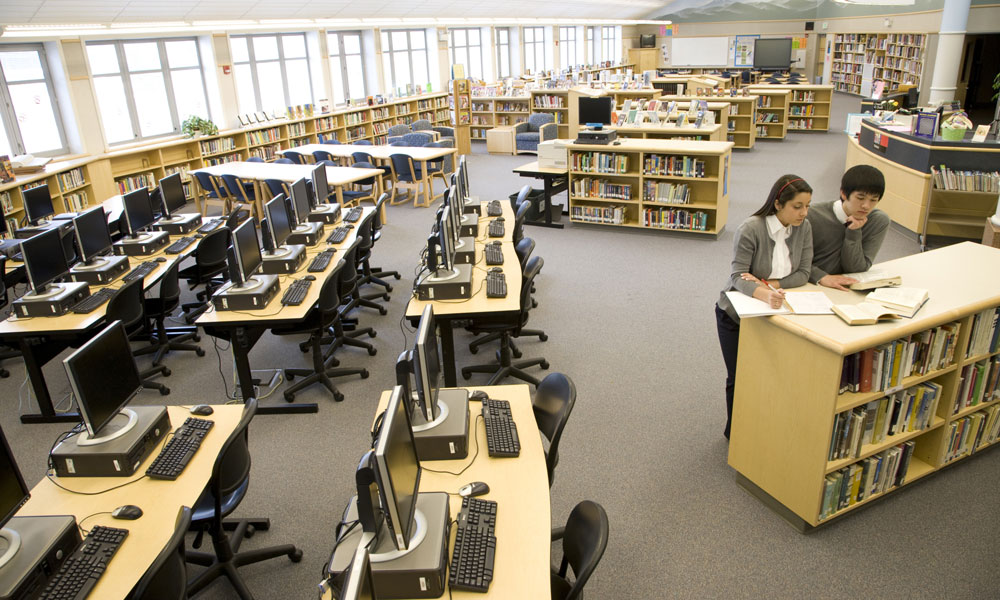
Association Survey Aims to Show Libraries’ Role in “Digital Inclusion”
The American Library Association is launching a new Digital Inclusion Survey to better demonstrate the role libraries play in providing public access to technology.
More than three-quarters of Americans believe having free access to computers and the internet at public libraries is very important, according to the Pew Research Center’s Internet and American Life Project.
Americans have come to rely on libraries for digital access to resources such as employment opportunities and government assistance, but with decreases in funding, operational hours, and bandwidth speed, libraries are facing increasing challenges to provide these resources, according to the 2011-2012 Public Library Funding and Technology Access Survey [PDF] (PLFTAS).
Documenting the impact of libraries in the digital age is more important than ever as government officials make difficult funding decisions with increasingly tightened public funds.
The American Library Association is hoping a new Digital Inclusion Survey will help illustrate the value libraries deliver in providing digital access to the public, which could help secure better funding.
“Documenting the impact of libraries in the digital age is more important than ever as government officials make difficult funding decisions with increasingly tightened public funds,” ALA Executive Director Keith Michael Fiels said in a statement. “I believe we all will be better equipped to make the case for libraries with data from this vital new study.”
The survey—which will launch in September and be conducted by the ALA Office of Research and Statistics in partnership with the University of Maryland Information Policy and Access Center—will allow participants to report community impacts of computer and internet access, gaps in technology services based on community needs, and library contributions to community digital inclusion.
The study, which aims to build on the PLFTAS, is funded by a three-year grant from the Institute for Museum and Library Services.
“The results from the Digital Inclusion Survey are critical to understanding trends in both public access technology and the services provided by public libraries,” said Denise Davis, deputy director, Sacramento Public Library. “Guessing at whether your library is keeping pace isn’t good enough—you need to know if you are. And, you need to be able to tell the story of how the investment is making a difference in your community. This is the only national-level research that will help you paint that picture.”
(Lifesize/Thinkstock)






Comments